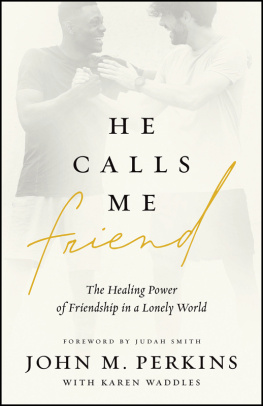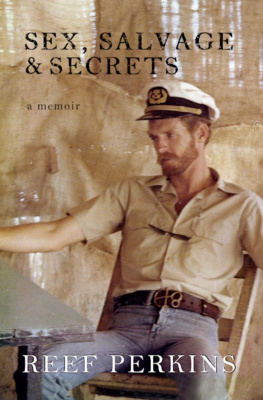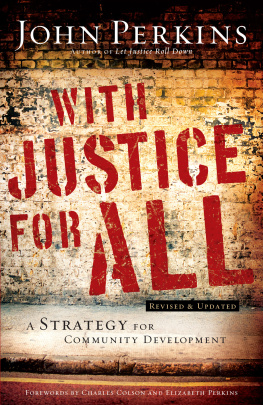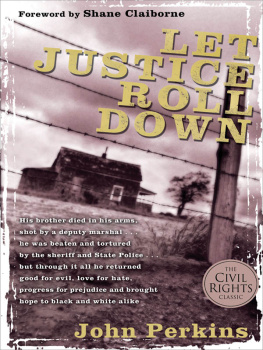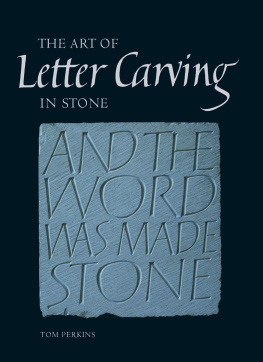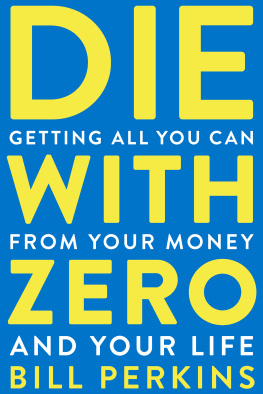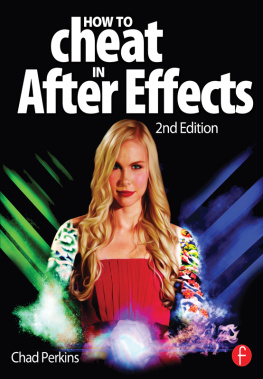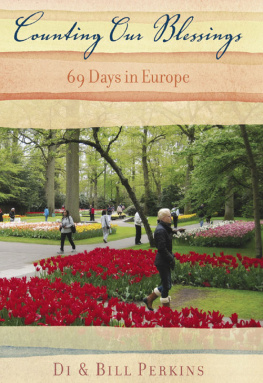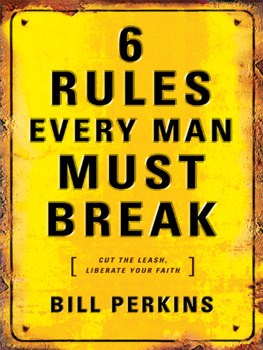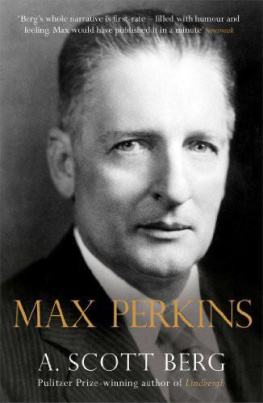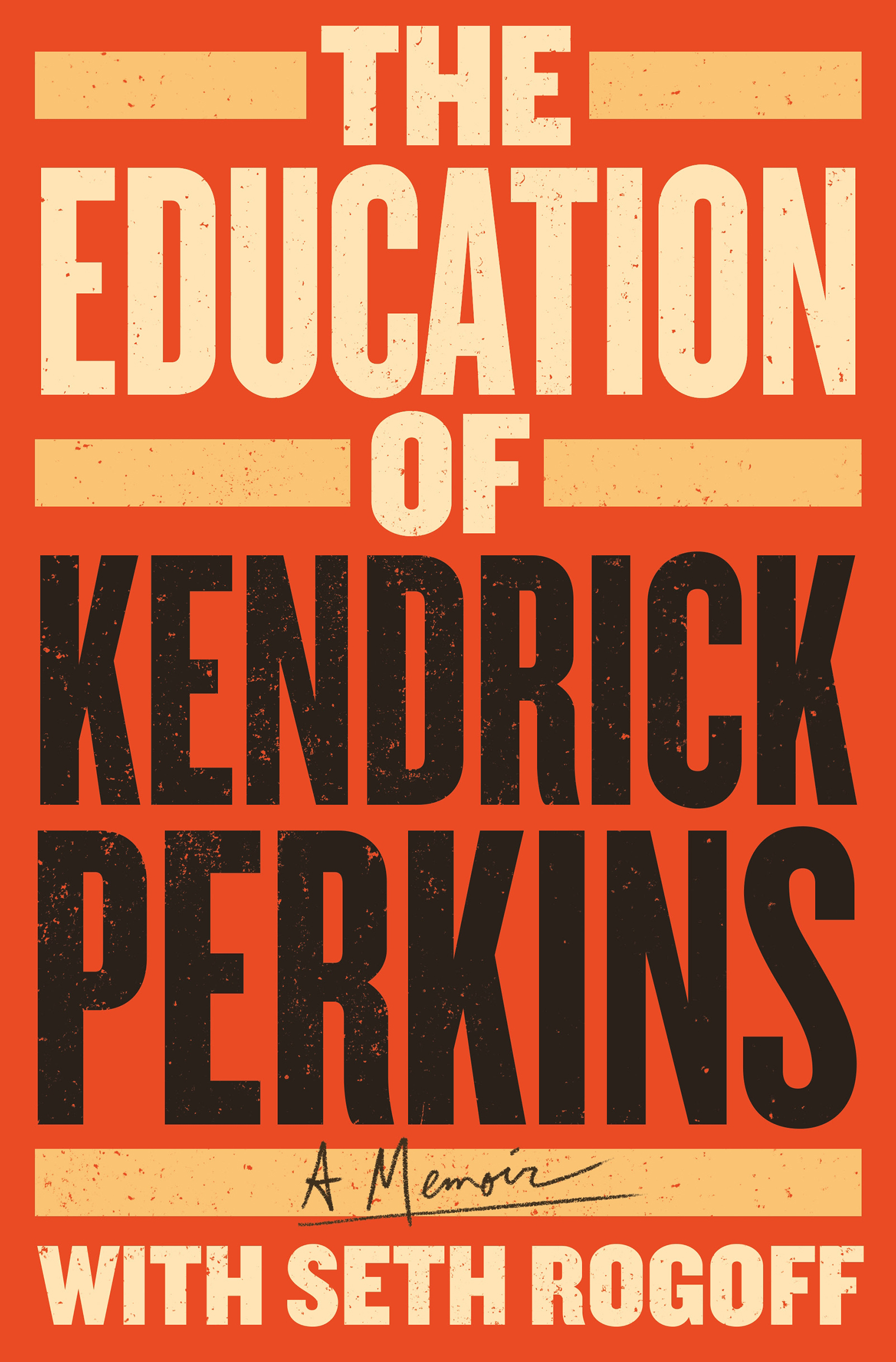Contents
Guide
Pagebreaks of the print version

The author and publisher have provided this e-book to you for your personal use only. You may not make this e-book publicly available in any way. Copyright infringement is against the law. If you believe the copy of this e-book you are reading infringes on the authors copyright, please notify the publisher at: us.macmillanusa.com/piracy.
This book is dedicated to my wife, Vanity, and our four amazing kids, Ken, Kenxton, Zoey, and Karter.
To my grandmother, Mary Lewis.
To the memory of my grandfather, Raymond Lewis, my first elder and my best friend.
To my mama, Ercell Minix.
THE ROAD TO BOSTON
It was the middle of August 2003 when I left Beaumont, Texas. I was eighteen years old. My friend George Davis and I had decided to drive cross-country to Boston for the start of my NBA career with the Celtics. At the time, I had no way of knowing just how long this journey would be. In some ways, Im still on the road.
Id never lived outside Beaumont. Since I was five years old, I hadnt lived anywhere but my grandparents housea small, run-down shack on Glenwood Avenue painted yellow with green trim. Thats not to say Id never left Beaumont. Id traveled around the country to play ball, competing with the youth basketball elite for the attention of college and pro scouts. Id played in the highest-level camps and tournaments. Id banged and bruised with the biggest and most skilled players the amateur basketball world had to offer, guys like Dwight Howard and LeBron James.
But that wasnt leaving Beaumont, that was taking Beaumont with me as I went in search of a fantasya fantasy dangled right before my eyes. Every player in every game I played in on those trips and in those elite camps thought he was going pro. Each guy dreamed of the NBA contract floating right there. He just needed to reach out, take a pen, and stroke a signature on the bottom and hed be rich, famous, and set for life. When he opened his eyes, when he woke up in the morning after that sweetest of dreams, what was there? No pen. No paper. No money. Nothing. Just the same grinding poverty, and a day of hard work ahead.
Thats what I felt like after those tournaments. Id be back in my grandparents house. Id go to the kitchen and look across the table at their faces as they ate breakfast and got ready for a day of work, my grandfather as a janitor, my grandmother cleaning houses for forty dollars a week. Those two faces, belonging to Mary and Raymond Lewis, were realevery expression, wrinkle, and mark were as real as something could be real for me. Id sit there for a moment before heading out for a day of training and school, gazing at them, and think that when I left Beaumont, Id know it, because I would be leaving it forever. I would be going somewhere.
I woke up early on the day we left. Im not one for sentimental goodbyes. I didnt tell any of my friends I was leaving on that hot summer morning. The only people who knew we were taking off were my girlfriend, Vanity; my grandparents; and my coach, Andre Boutte. I brought my gear out and packed it into the back of my new Denali, quite a change of ride from the 1993 metallic green Lincoln Town Car in which Id been cruising my corner of Southeast Texas, the 409, for years. I climbed into the plush drivers seat and put my hands on the wheel.
Catholic school lessons pushed their way into my mind. Over the years of Catholic school and church, Id absorbed many stories about going places, setting off, stories about leaving things behind. They were the epic journeys of faith: Lot leaves Sodom and is told by the angels of God not to look back. Lots wife looks back to face the destruction and is turned into a pillar of salt. Leaving meant going in one direction. Paul leaves Jerusalem on the road to Damascushe sees Jesus and his whole life shifts; he knows theres no going back to how he lived before. Abraham leaves his home, a place of idolatry, following Gods instructions to travel to the Promised Land. No return. Moses parts the sea and takes the people out of Egypt, and the sea closes behind the wanderers, swallowing Pharaohs army, cutting off the path back into the land of affliction.
Life is full of movements, transitions, and changes large and small; some are epic, others barely visible, even to ourselves. In 2003, I was young. I was big. I was full of ambition. I was headed east to Boston.
As I pulled away from the house on Glenwood Avenue on my way to pick up George, I saw that my grandparents had come outside to the front of the house. In the rearview mirror, I could see the main building of Ozen High; in the side mirror, my grandparents were stoically watching me go. My grandfather was a strict, proud man. He worked hard. He volunteered at the church, dedicated himself to the community. We were close, spending countless days fishing for reds, waking up before dawn to be out on the Gulfs waters before daybreak in his small boat. Wed talk or just be together in silence, enjoying the calm, the time together, the unspoken closeness, the love. On most of those trips, wed bring back a good catch, which my grandmother would fry up for dinner.
Even though my grandparents worked hard their whole lives, we were poor, and we depended on the fishing for food. We raised chickens and ducks at the house, and each day it was chicken, duck, or fish on the plate. I was, and still am, a country boy.
The yellow house framed my grandparents from the back. The house might have been a cheerful color, but inside the space was hot and cramped. The ceilings were too low for me, and Id have to walk through with my head bent in order to avoid banging it against the ceiling and doorframes. The light bulbs were uncovered; the walls were thin, affording no privacy. The place had no hallwayswe had to walk through one room to get to another. There was a single air-conditioning unit in one of the windows, but we couldnt afford the electricity to run it.
I turned the corner and the whole scene vanished: the house, the ruined sandlot basketball hoop that my grandfather had set up and repaired countless times when I was a kid, my grandparents, Ozen High in the background. I didnt want to think about these things and switched on the radio, immersing myself in the booming, smooth sound that filled the Denalis cab. A few minutes later, when I pulled up at Georges place, I saw he was already outside waiting for me, bags packed and ready to go. George threw his two suitcases in the back, got in, unfolded his road map of the U.S.A., and told me to head out of town on I-10 through Lake Charles in the direction of Baton Rouge.
What was I leaving behind in Beaumont? The short answer is all I had and all I waseverything Id ever known. The long answer is too long to write here, but heres some of it. I was leaving behind the ghost of my mama, Ercell Minix, who was murdered when I was five years old. I carried her memory out of Beaumonts Pear Orchard neighborhood with me, embodied in the small rose tattoo on my shoulder. I was leaving behind the shadow of my father, Kenneth Perkins. It was the shadow of a man I hardly knew. Id heard plenty about him. He had been a star basketball player at the local Lamar University and had moved overseas to play when I was about three, leaving me and the rest of the family behind. Gone. Didnt look backa man from the tribe of Lot.
I was leaving behind in Beaumont my dominance. It was a combination of size and skill that enabled me to plow through Texas high school basketball, reigning supreme. My Ozen High School team had been to three straight Texas state championship games. Id averaged around 28 points per game at Ozen, over 16 rebounds, and nearly 8 blocks, numbers that surpassed those of Shaquille ONeal. Our Ozen team had won over one hundred games in those years against a mere three losses, one at the hands of future NBA star Chris Boshs Lincoln High in the 2002 Texas state championship game, another in my final high school game against Fort Worth Dunbar.


